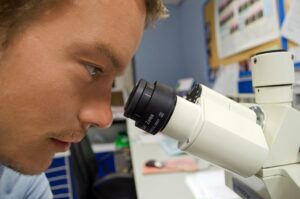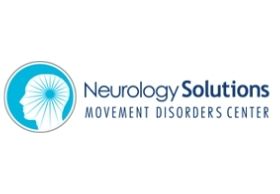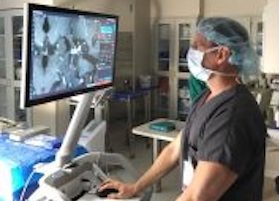
Dietary Supplements for Cognitive Function
Numerous research studies are focused on the effectiveness of dietary supplements for cognitive function. Two lesser-known supplements have been shown to support neurons and synapses in areas of the brain tied to memory, cognition and executive function.
Bacopa Monnieri is a nootropic herb used in traditional Indian Medicine, and magensium threonate is a form or magnesium that effectively crosses the blood brain barrier. Both are supported by numerous animal and human studies as memory enhancers, whether managing a neurodegenerative disease or to help fend off age-related decline.







